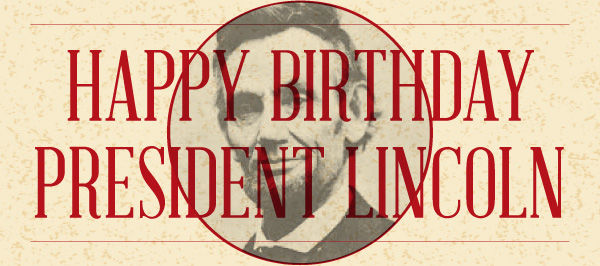
President Abraham Lincoln has been herald as one of the early abolitionists, having drafted and signed the Emancipation Proclamation. While this national symbol of freedom does mark early efforts to abolish slavery, President Lincoln recognized its limitations. Here are a few lessons we learned from Abe:
Though Lincoln believed that slavery was morally wrong, he struggled to identify how to address it within the existing political system. Over 150 years later, we struggle with the same thing. Federal law identifies child sex slaves (rightfully) as trafficking victims; however, in states around the nation child victims fall under contradictory laws that label the child both a victim of trafficking and a perpetrator of prostitution. Their treatment is largely dependent on which label they receive from law enforcement officers, prosecutors, judges and service providers working on their case. Some children are identified as a victim of a crime but are charged with a delinquent offense to keep them in the safety of a detention center if therapeutic shelter options are unavailable. This is why we started the Protected Innocence Challenge. We outlined 41 legal provisions every state should have to protect children from trafficking. Check out how your state scored.
The Emancipation Proclamation did not free all slaves. In fact, the Proclamation specifically freed slaves in only 10 states “in rebellion against the United States,” namely southern Confederate states. Nearly one million people remained in slavery in the United States after the Proclamation was signed. Today, slavery continues to flourish. Sex and labor trafficking is a real and urgent crisis facing America. Experts estimate that at least 100,000 American children are trafficked within the U.S. each year.
Here are a few simple ways to tip your hat to Abe on his birthday by engaging in your own abolitionist efforts:
- Write your legislator. Send him/her your state report card and ask them to support important bills that relate to human trafficking.
- Support shelter and services in the United States. Give to Terry’s House, a residential program that offers free housing for survivors of trafficking so they can focus on their education.
- Teach youth warning signs and indicators of trafficking. Chosen will help this conversation. Order this 20-minute prevention film to show to teens in your community.






